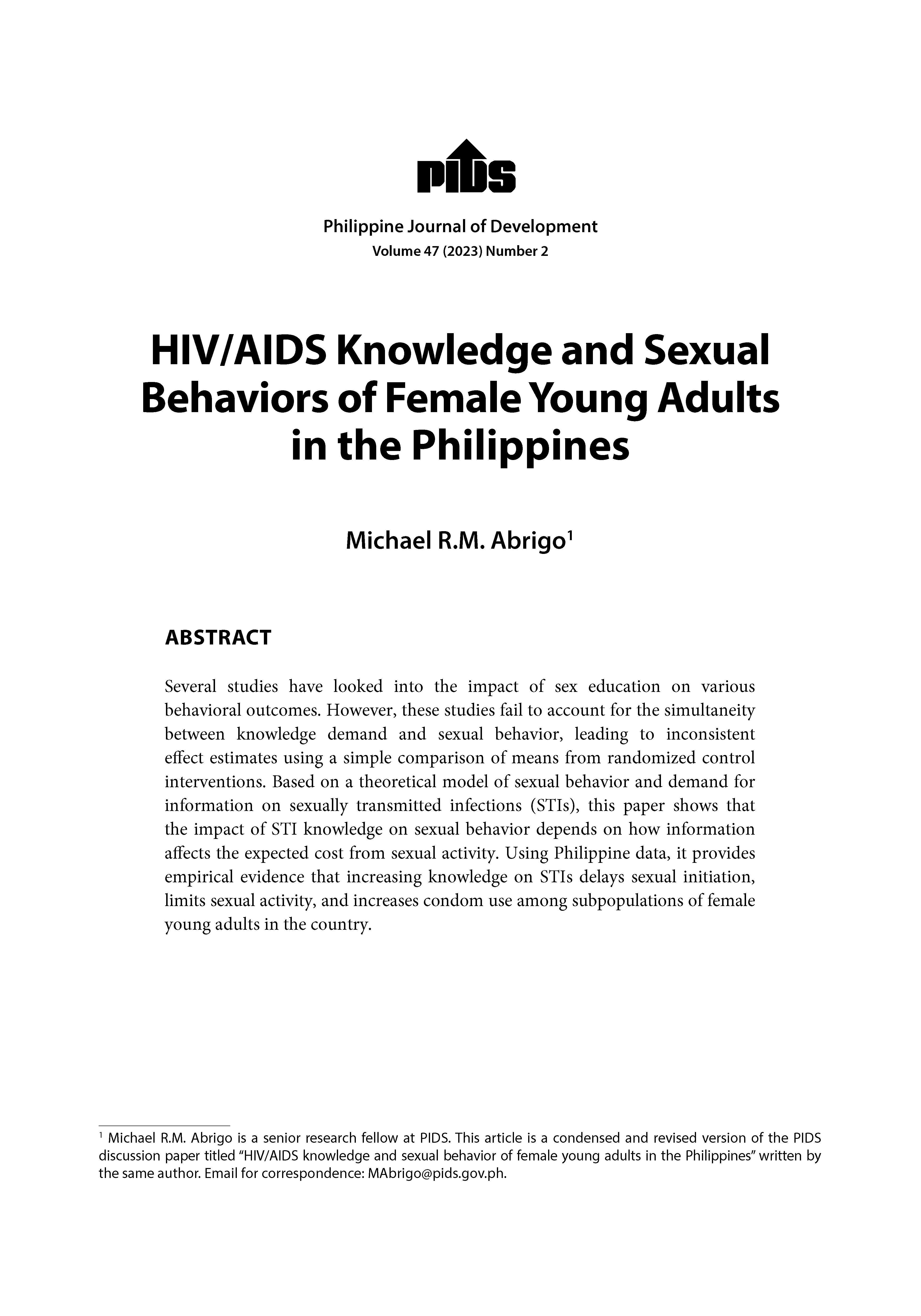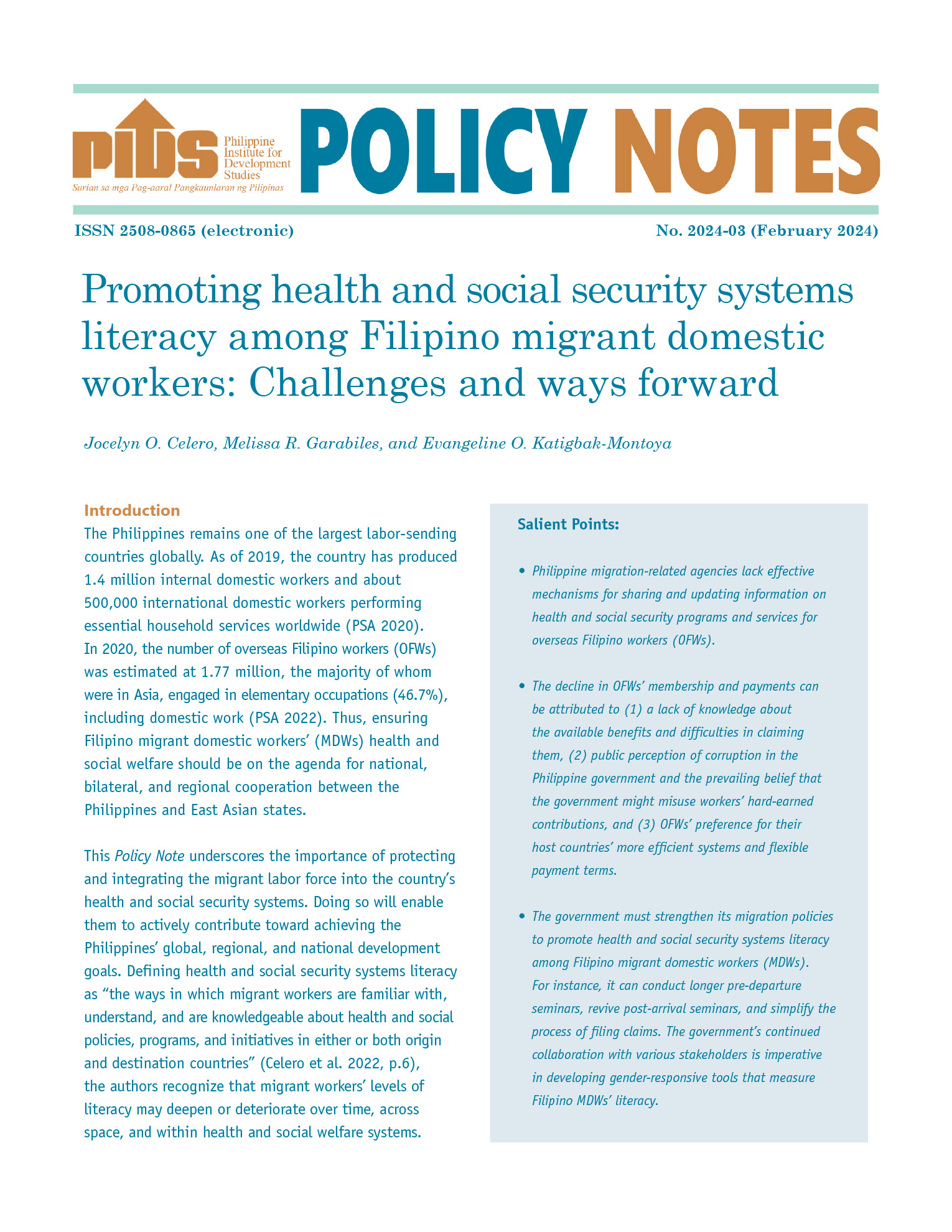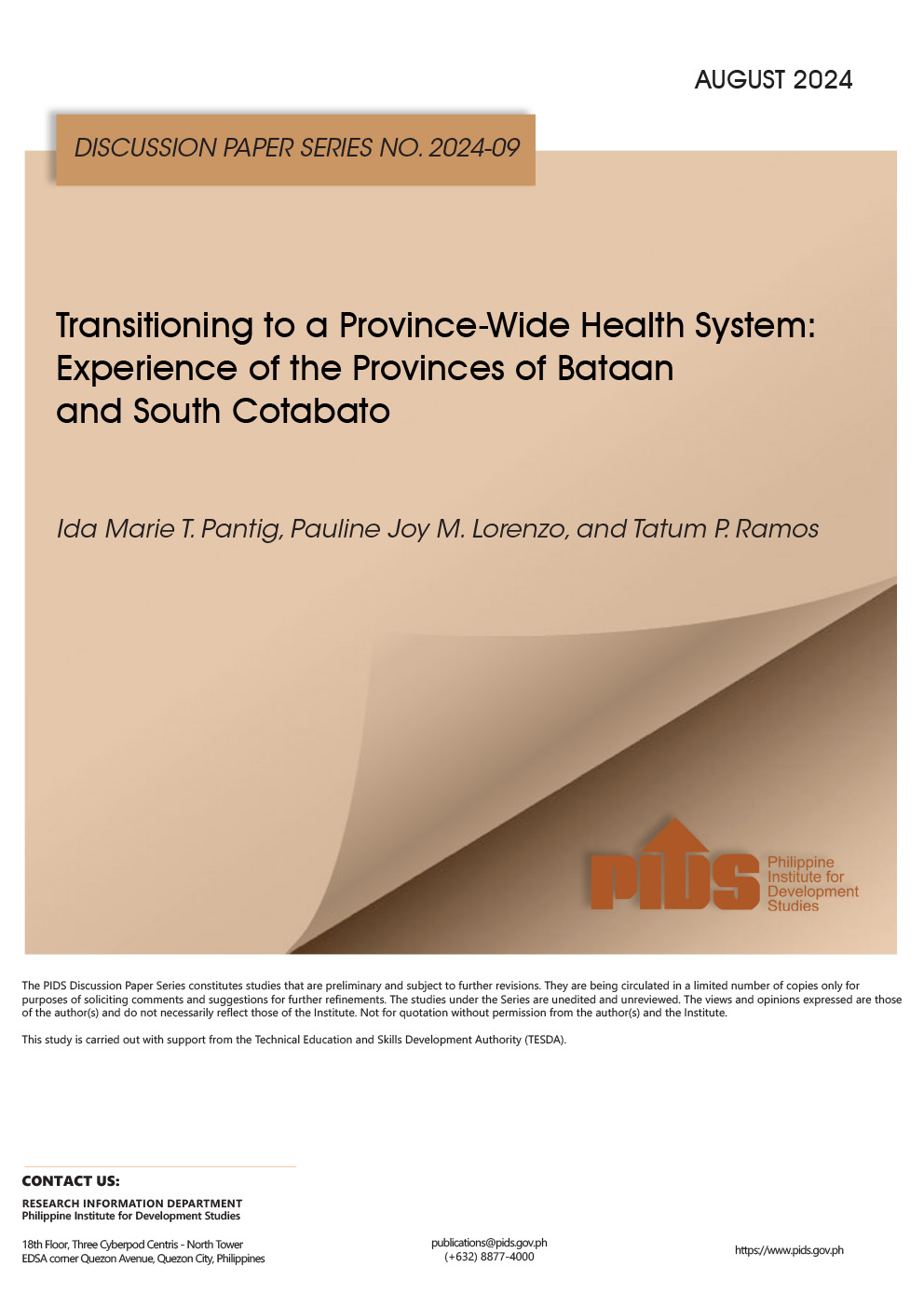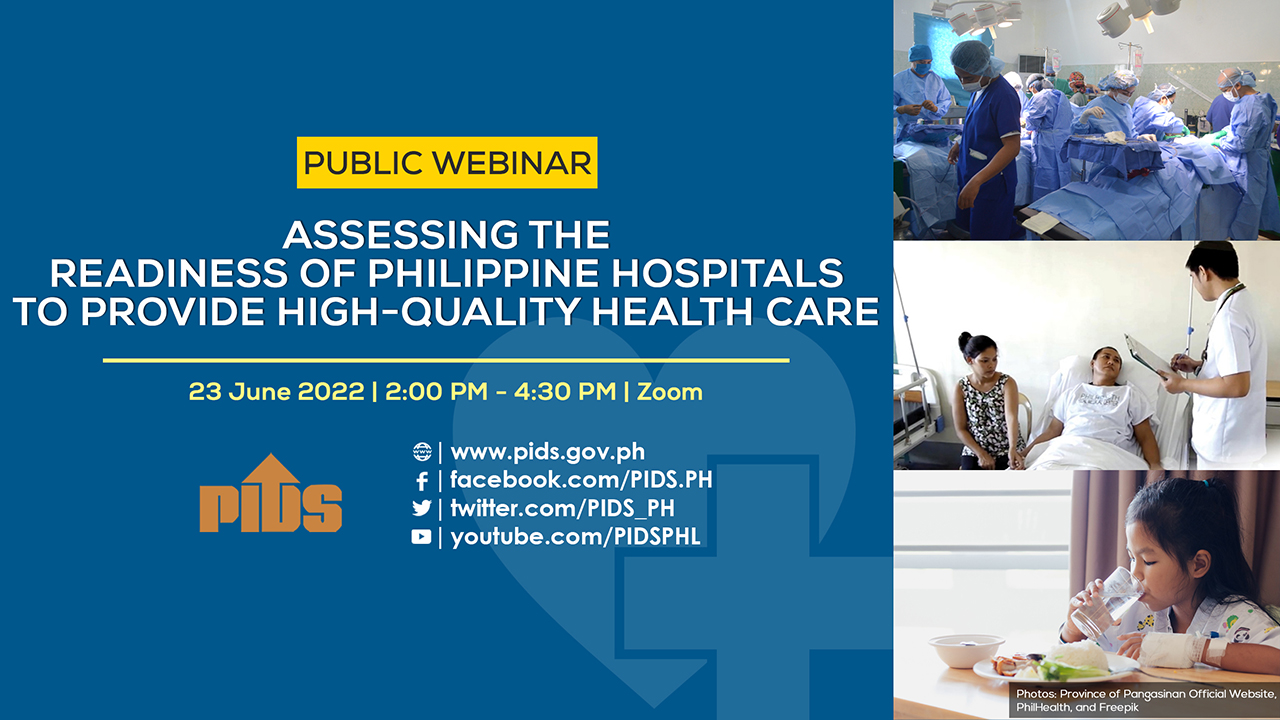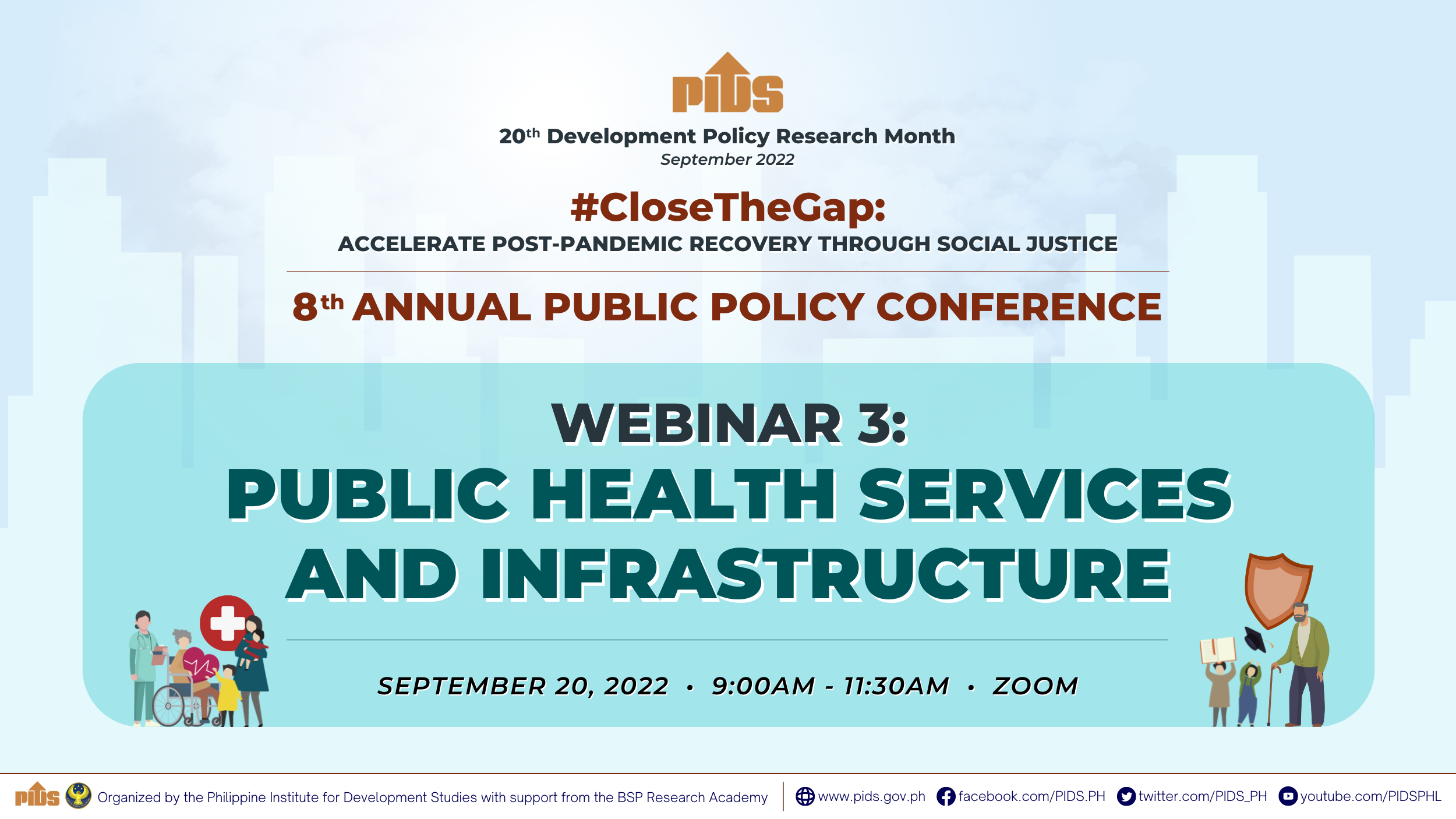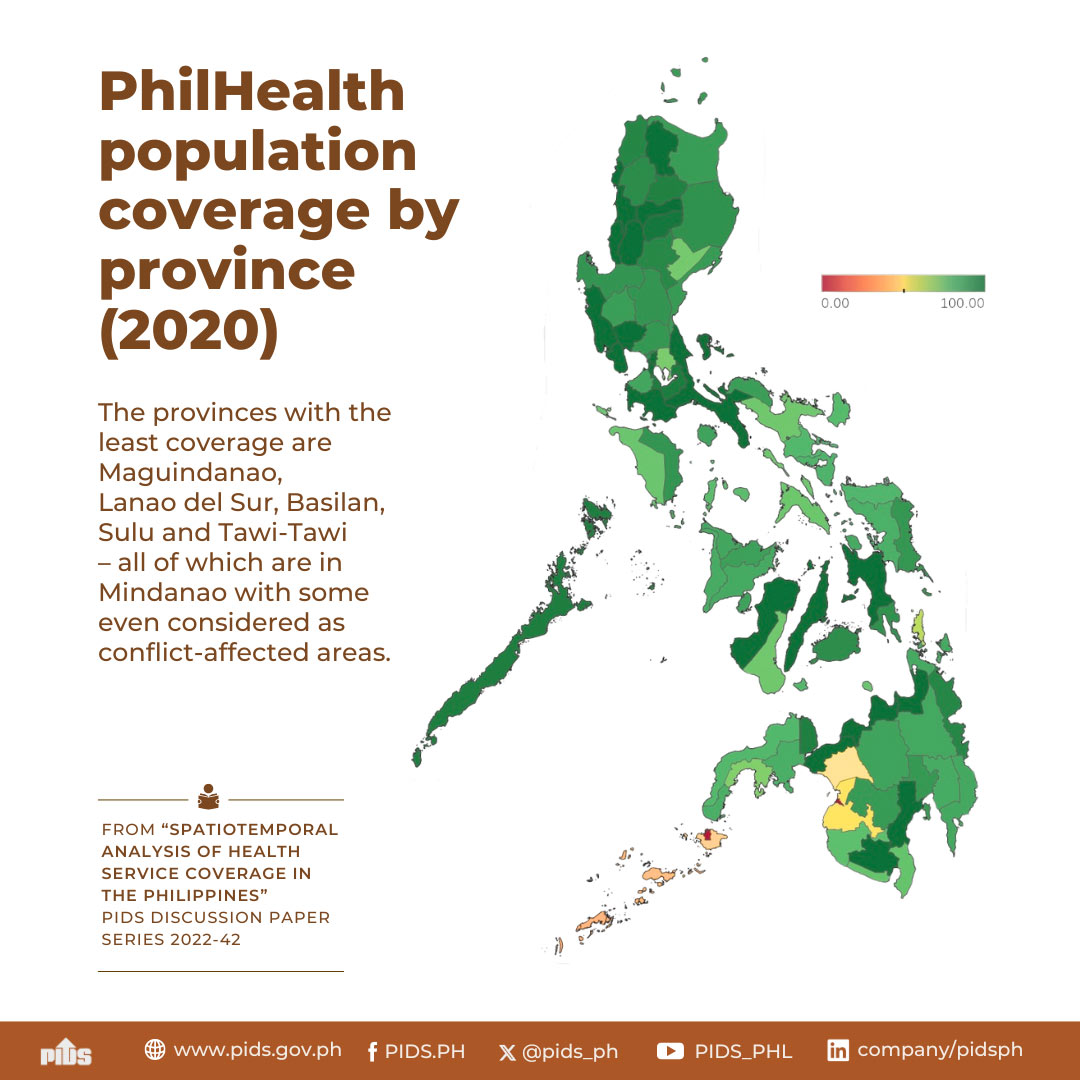HEALTH CARE in the country’s public hospitals is “compromised” by the maintenance of their assets, according to a policy note by the Philippine Institute for Development Studies (PIDS) released last Friday, Jan. 13.
The policy note, titled “How budgeting practices on health-care equipment may fail government hospitals,” said in part that, “Based on the actual hospital expenditures on repair and maintenance and results from the FGD (focus group discussions), it can be construed that the selected hospitals do not have maintenance programs specific to their assets, especially the heavy equipment.”
It was found that reported repairs and maintenance expenditure only took up 0.17-2.58% of the budget for maintenance and other operating expenses of public hospitals.
“Generally, hospitals have a very low budget utilization or actual expenditure for repairs and maintenance, with some reporting not to have spent anything at all for their maintenance,” said PIDS, adding:
“All the selected hospitals reported that they have continued to use even the fully depreciated capital assets. Although hospitals are well aware of the protocol for handling fully dilapidated assets as stipulated by CoA (Commission on Audit), the scarcity of resources compels them to continue utilizing these equipment until the latter have reached their operational limit and/or a replacement arrives.”
This practice has led to “additional maintenance costs in terms of servicing the damage beyond their useful years and the replacement of their spare parts,” the institute said, as it noted further: “Spare parts of outdated models turn out to be more expensive particularly when they are not easily available.”
“In the end, health care is compromised by the obsolescence of the fully depreciated equipment,” PIDS said.
“All these confirm that depreciation costs are not being utilized as inputs to guide hospitals in capital management,” the agency also pointed out.
The government should consider long-term capital investment fund, public-private partnership (PPP) arrangements for hospital equipment, output-based payment and improved data management and utilization for better budgeting system of public hospital facilities.
PIDS recommended the conversion of the medium-term Health Facilities Enhancement Program (HFEP), which sought to utilize the state’s budget for capital outlay (CO) in health, into a long-term capital investment fund, which will require public hospitals to submit long-term investment plans and maintenance programs.
“There shall be a regular reporting system that would monitor and evaluate the effectiveness of the CO investment including financial, clinical care and quality of care measures,” said PIDS.
The government should also consider allowing the private sector to invest in hospital equipment in a PPP scheme as well as provide incentives by shifting towards an output-based payment system for better quality health-care services.
PIDS also suggested the formulation of proper guidelines and protocols for budgeting and maintenance of equipment, as well as the implementation of the New Government Accounting System straight-line depreciation method, in calculating the depreciation costs.
PIDS further saw the need for the government to digitize financial processes and workflow by investing in information technology for more efficiency in budgeting and financial management in public hospitals.//
Health care in public hospitals ‘compromised,’ says PIDS policy note

